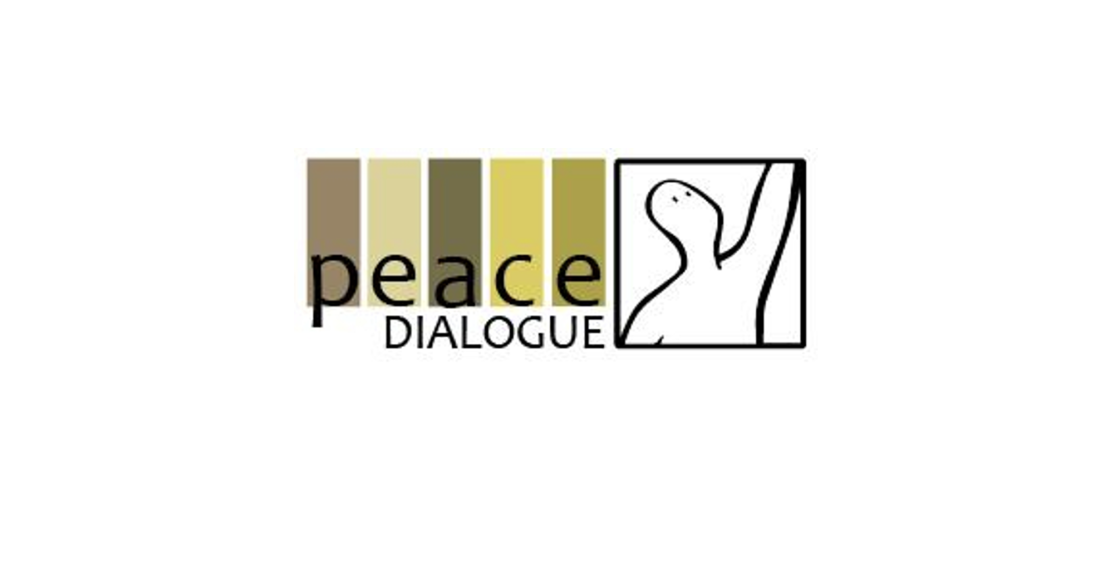The Armenian NGO Peace Dialogue has just published a study entitled "The Voice of the People: Addressing the Needs of Conflict-Affected Societies in Armenia-Azerbaijan Peace Efforts" which argues that peace between Armenia and Azerbaijan needs to be more than the signing of a peace treaty and needs to factor in a holistic approach that engages all level of society.
The report is based mainly on study amongst the population of Armenia. Peace Dialogue says that a similar study separate report detailing findings from the study conducted in Azerbaijan is expected to be published in the near future.
"This research highlights the necessity of moving beyond the mere act of treaty signing. The core aim of this study is to give prominence to the voices of individuals from both border and non-border communities, enabling them to voice their specific needs and concerns, since we believe that for a peace agreement to be effective, it must integrate a detailed understanding of the socio-economic, security, and cultural environments in which it will be implemented", said Edgar Khachatryan, Director of Peace Dialogue whilst introducing the new report.
In the introduction to the report Peace Dialogue says
In the complex geopolitical landscape of the South Caucasus, the prolonged conflict between Armenia and Azerbaijan over the Nagorno-Karabakh region has been marked by significant turmoil and human cost. This study, spearheaded by Peace Dialogue NGO through the support of the European Union, represents a pivotal step towards understanding the multifaceted impact of this conflict on the Armenian society, excluding those displaced from Nagorno-Karabakh.
The methodological approach of this study is based on Johan Galtung's Typology of Basic Human Needs and the “Position/Interests/Needs” (PIN) theoretical framework. It included 330 structured interviews conducted throughout Armenia. This methodology allowed for a thorough examination of societal needs and concerns in four key areas: Security, Welfare, Freedom, and Identity. The data and insights collected were then meticulously analyzed using the 'Inclus' digital tool, an innovative platform created by previous associates of the Crisis Management Initiative (CMI). This tool was instrumental in providing a nuanced understanding of the complex dynamics at play.
Key findings from the study revealed a predominant concern for security threats, especially physical safety and economic stability. Welfare issues, including education and financial well-being, were also prominent. Additionally, the study underscored significant concerns related to freedom and identity, with a particular emphasis on democratic values and cultural preservation. The implications of these findings for drafting an Armenian-Azerbaijani peace treaty are substantial.
The study advocates for a comprehensive treaty that addresses these four core areas. It suggests practical measures such as establishing a permanent ceasefire, creating demilitarized zones, fostering cross-border economic initiatives, and ensuring access to essential services. Furthermore, the study recommends pragmatic steps designed to preserve freedom of expression, maintain civil liberties, and protect cultural diversity and heritage. In its conclusion, the study outlines recommendations that emphasize the need for a treaty that is not only politically sound but also resonates with the people's needs. These include establishing a joint peacekeeping commission, investing in border security, implementing conflict-sensitive economic programs, and fostering cultural exchange and preservation. The study underscores the importance of integrating local voices into the peace process and highlights the need for flexible diplomacy, international mediation, and domestic initiatives focused on education and infrastructure development.
Overall, this study represents a modest contribution to the peacebuilding efforts in the region, offering a nuanced understanding of the societal impact of the conflict. The research illustrates the risks of an overly narrow and top-down ‘normalization’ process that fails to address the popular concerns identified here and points to problems with the sustainability of a ‘thin’ peace treaty and process that neglects these issues. It underscores the danger of reverting to violence due to a flawed, overly simplistic peace agreement. This concern is particularly relevant given the current trajectory of the Armenia-Azerbaijan negotiations and is exemplified by the shortcomings of the November 10, 2020, Ceasefire Statement.
The study advocates for a comprehensive peace strategy that goes beyond merely obtaining signatures on a treaty. It emphasizes the need for a well-thought-out socio-political framework that not only sustains an agreement but also fosters its growth, ensuring its effectiveness and durability in the long term.
You can read and download the report in full here.







